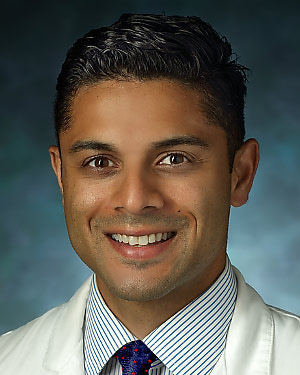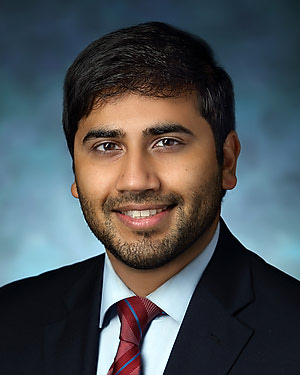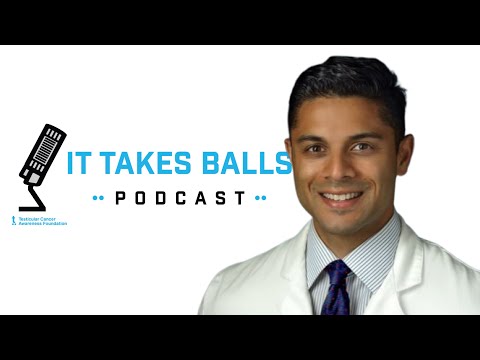Conditions We Treat: Testicular Cancer
Testicular cancer develops due to abnormal cell growth in the testicle. It is highly curable when it first develops, but can quickly spread if not treated promptly. To increase your odds of a full recovery, it’s important to recognize the signs of testicular cancer and perform a monthly self-exam.
Testicular Cancer: Why Choose Johns Hopkins
- Our Testicular Cancer Go-Team is a multidisciplinary group of specialists who collaborate to ensure new patients get timely access to care. We work to triage, evaluate and begin treating each patient within two weeks.
- We develop individualized treatment plans, coordinate multidisciplinary care, and recommend advanced treatment options such as robotic surgery, minimally invasive surgery and testis-sparing techniques whenever possible.
- Addressing fertility and hormonal (testosterone) concerns is an important step in treatment planning. We will guide you through your options, whether you want to start a family soon or down the road.
- Our clinicians and surgeons actively study new surgical techniques, treatment protocols and research findings to help develop the safest and most effective treatment plans.
Request An Appointment Request An Appointment
Schedule by phone
Adults: 410-955-6100
Pediatrics: 410-807-3398

Understanding Testicular Cancer
We encourage all patients to take an active role in the care process. By asking questions and learning testicular cancer terminology, you will be better prepared to make informed decisions with support from your care team.
Your doctor will speak with you about diagnosis and treatment options. These articles are also helpful if you want to read more before your appointment.
Testicular Cancer Q&A - Dr. Nirmish Singla
Urologic Oncologist, Nirmish Singla, answers some common questions about testicular cancer.
Learn more about the Singla Research Program- Types of Testicular Cancer
- Testicular Cancer Tumor Markers
- Testicular Cancer Staging
- Testicular Cancer Treatment Options
Our Testicular Cancer Go-Team
We call our team of multidisciplinary specialists the Testicular Cancer Go-Team. Together we are dedicated to providing a timely response and prompt treatment to patients with testicular cancer at any stage. Contact us for an assessment, and within two weeks we will review your case, assemble an appropriate care team and initiate treatment.
The Go-Team is led by Sunil Patel, M.D.
To receive an assessment, we will ask you to provide the following test results:
- Imaging that demonstrates a solid, vascular mass of the testicle (scrotal ultrasound preferred).
- Tumor marker blood tests (HCG, AFP, +/- LDH) *OR* a history of testicular cancer with radiographic or serum evidence of recurrence.
Testicular Cancer Surgeons
Survivorship and Advocacy
For a lot of men, treatment for testicular cancer does not mark the end of the journey. After surgery, chemotherapy or radiation you may be coping with side effects and have concerns about cancer recurrence. You may want to focus on your physical and emotional well-being, or connect with others who understand what you’re going through.
While testicular cancer is relatively rare — 9,000 men per year in the U.S. — the survival rate is 95% or better. Therefore, there are hundreds of thousands of survivors in the U.S. and thousands in this region. Johns Hopkins has an expansive network of survivors, and we are happy to provide connections to an individual survivor or loved ones who have agreed to talk to other survivors.
Dr. Sunil Patel | Researching Causes of Testicular Cancer
Dr. Sunil Patel guests on the Testicular Cancer Awareness Foundation's podcast, discussing research in the field.





